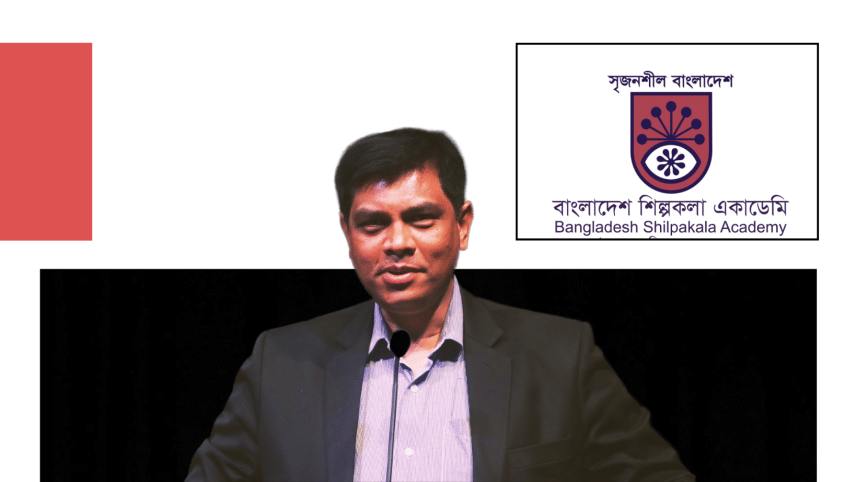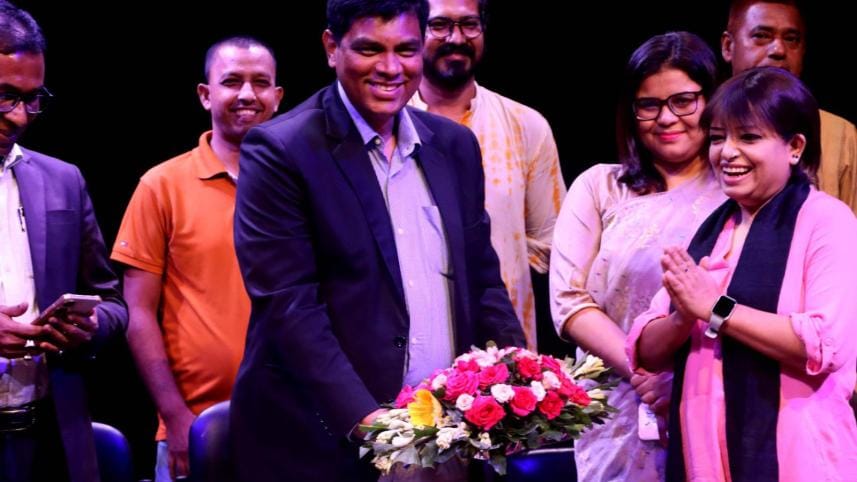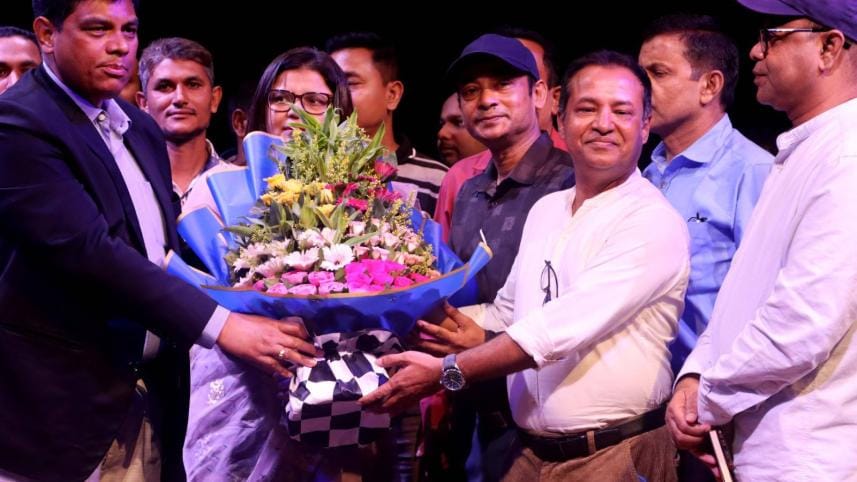Abul Foyez appointed Director General of Shilpakala Academy

Bangladesh Shilpakala Academy, the nation's foremost cultural institution, has been handed a new chief once again—this time to Abul Foyez Md Alauddin Khan, additional secretary (administration) at the Ministry of Cultural Affairs. He was given the additional charge as Director General (DG) through an official order on Sunday (September 14) , nearly six months after the last interim head assumed office.
The role has remained unsettled since August 5 last year, when Liaquat Ali Lucky stepped down in the aftermath of the July Uprising and the fall of the Awami League government. His exit ended a long and controversial tenure but also left the academy in a state of drift, with a revolving door of leadership exposing its institutional fragility.

In September, theatre director and researcher Syed Jamil Ahmed was appointed DG for two years, with a reconstituted academy council signalling hopes of reform. His abrupt resignation on February 28, however, underscored the instability of the situation. The baton then passed to Mohammad Wares Hossain as acting DG on March 4, only for him to be replaced by Foyez less than six months later.
On Tuesday, his first working day, Foyez sought to reset the tone. Meeting with officials and staff, he called for a renewed sense of purpose: "As Bangladesh Shilpakala Academy is a national institution, it plays a vital role in cultural practice across the country. Culture is the sense of aesthetics in people, the welfare that stands against evil, the peace that stands against unrest. It removes divisions and builds harmony."

He urged academy employees not to see their roles as "just a job" but as a collective mission to safeguard the country's cultural spirit. "By uniting mission with vision, if you can keep the people of Bangladesh away from decadence, inspire them in cultural practice, and sustain this stream, it will be very good," he said.
Foyez also spoke about the power of art to bridge divides: "When an artist presents his performance through artistry, it moves people, it creates a place that brings them closer to the heart."

The comments land at a time when cultural institutions across Bangladesh are navigating both political change and public expectation. Shilpakala Academy, in particular, has been under scrutiny for its role in shaping national identity, supporting artists, and remaining above partisan politics. Its year-long leadership crisis has raised questions over its autonomy and capacity to serve as a stable platform for the country's cultural life.
For many in the arts community, Foyez's appointment is as much about continuity as it is about credibility. After a year of upheaval—both in politics and in the arts—the academy's staff, artists, and audiences alike will be watching closely to see if this latest transition offers steadier ground.



 For all latest news, follow The Daily Star's Google News channel.
For all latest news, follow The Daily Star's Google News channel.
Comments